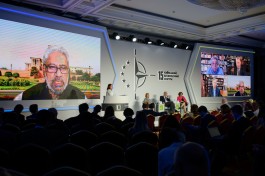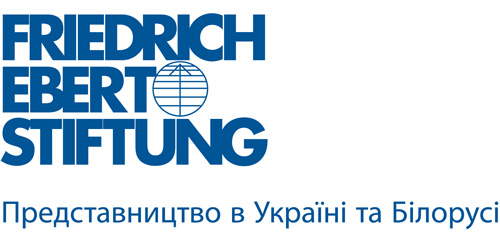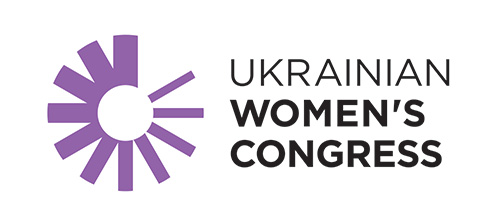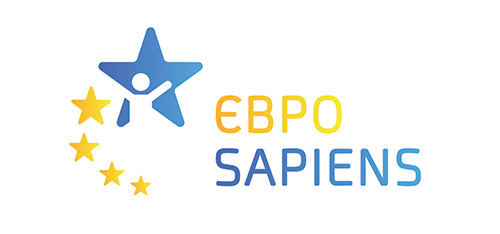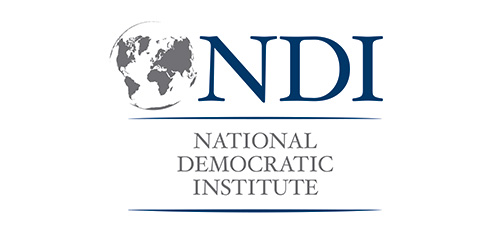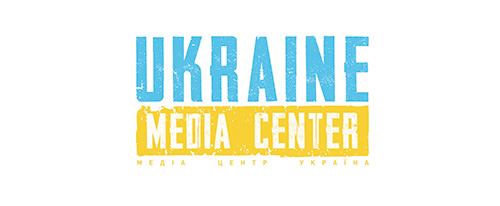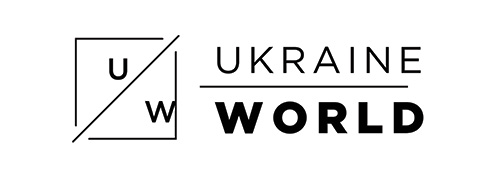Rostyslav DZYUBA: IS DEMOCRACY SAFE IN TERMS OF INTERNATIONAL RELATIONS?
It is assumed that the modern world lives in the most advanced of the centuries: science makes such a tremendous progress that has never yet been made, and humans have never yet been so close to unravelling the mystery of the origin of life on Earth and getting everlasting life. The descriptive epithets for this century are ‘the most grandiose’, ‘the most significant’, ‘the most perfect and rationale’… Humanity opts for the better. These ‘better’ trends include extension of democracy or democratic values, to be more precise, and attempts to plant these values even on ‘sand’ on which, as we know, democracies are not to be built. Is democracy as safe as is commonly perceived, especially in the Western world? Does it carry a threat in terms of international relations in particular, when countries and entire continents get involved in the same global processes?
Rostyslav DZYUBA, Post-Graduate, Faculty of History Donetsk National Univercity
IS DEMOCRACY SAFE IN TERMS OF INTERNATIONAL RELATIONS?
‘Democracy cannot rise above the level of the human
George Bernard Shaw
Concepts of democratic society rest on the assumption that a human being is inherently rational and constructive. People seem to be able to settle in among themselves, they are not inherently destructive, they tend to obey social rules because they understand that these rules are necessary. This belief is maintained by very powerful tools of ideological indoctrination of social conscience.
Thus, it is widely believed internationally that ‘democracies don’t go to war with each other’, whereby the extension of democratic values across the world will lead to a world without wars and conflicts, a welfare and equal society. Such presentation of a problem, however, does not take account of the negative scenario. Attempting to establish democracy in Iraq and Afghanistan, instead of equal democratic peace partners the United States obtains ‘uncooperative puppets’ with whom from time to time it has to go to war none the less.
In terms of realist approach to international relations the explanation is simple: in reality people tend show their inherited carnal nature. Following their genetic programmes, all political systems of the past dreamt of the radiant future where you can eat plentifully, take pleasures, multiply and replenish, rule, gain fame and popularity. Aristocracy and people competed for the Edenic life. Both totalitarian and democratic regimes are focused on capturing resources, raising consumption and increasing the GDP. Real democracy has never been the rule by the people in the sense of non-state social government. Since the inception of this notion democracy has been connected with a state, and thus with a coercion; at best democracy is the rule of majority over minority, but most often it is the rule by a well-organised privileged minority accountable to people to a greater or lesser extent.
Therefore, extension of democracy across the world is a complex process with many a contradiction. For many decades liberal democracy has been one of the key symbols of the West in its fight with the communist ideology and command socialist economy countries. This has encouraged massive promotion of idealised and evidently over-optimistic assessments of its capabilities, which manifest themselves as attempts to substantiate democracy as the universal and optimal form of government for all countries and nations. What makes democracy so appealing to people? What are its values? Democracy, by all means, envisages such political aspect of liberty as equal rights of citizens to participate in the formation of government.
In a modern democratic society political liberty has turned into social value and yet citizenry at large does not consider possibility to participate freely in the formation of the state policy and to equally influence the government as the value of utmost importance. This may be due to the fact, that vitally important interests of the citizens usually lie beyond the political realm and realisation of these interests has nothing to do with democracy.
‘Chinese model’ also know as the ‘New Authoritarianism’ policy makes a good example. The model foresees a strong central government and active application of its power to maintain political stability and implement radical economic reforms aimed at developing a market economy open to the outside world. Government stability and cheap labour supply ensured huge investments from the world’s richest countries to the mutual benefit of all parties concerned. This secured the highest economic growth in the world and an ongoing improvement of human well-being with public peace and personal safety preserved.
Hence, democracy is merely an attempt to shape a basic issue of human coexistence into concept, whereas striving for hedonism rather than rational human life arrangement remains the underlying programme of the people.
For international relations democracy still represents the best format since it allows avoiding major conflicts and wars. However, as the outpost of global democracy the UN has long demonstrated its inefficiency in dealing with high-profile issues and needs reforms, which means that perhaps we are yet to come to know a new form of government, which is better and safer for the global community than a discredited democracy of today.


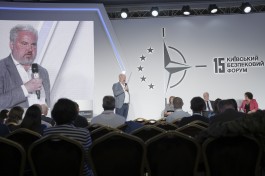
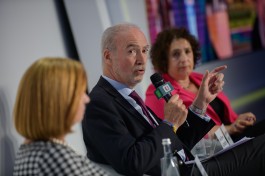
-tmb-265x176.jpeg)

